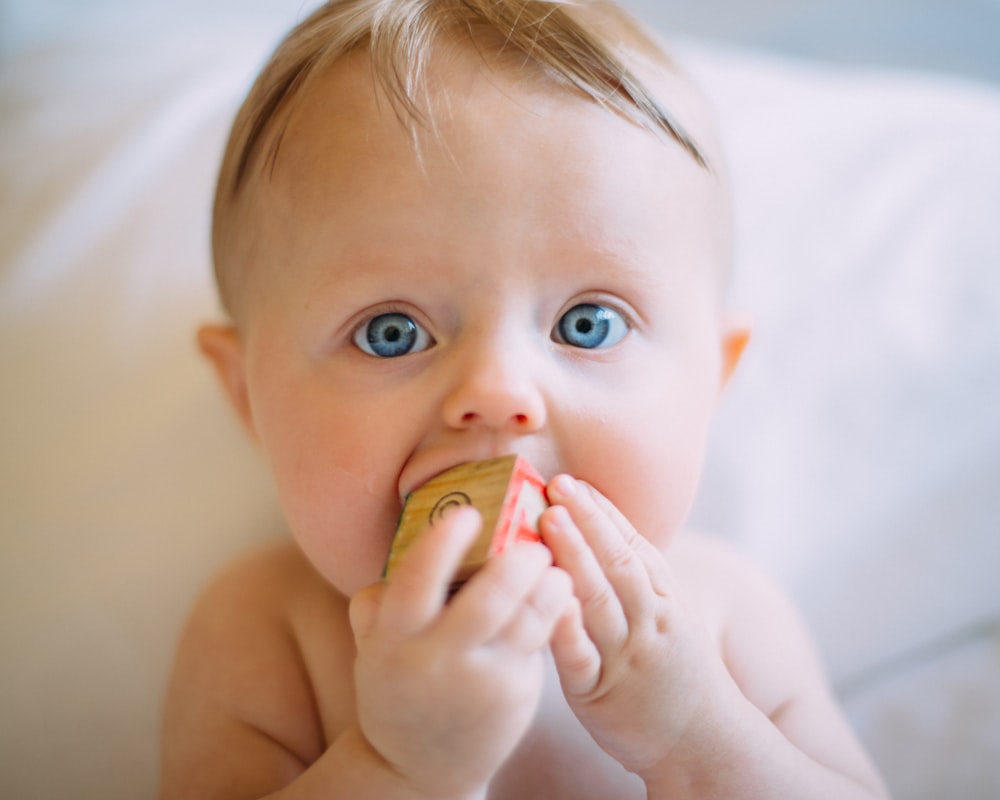Why Does My Baby Touch My Face? – 7 Heartwarming Reasons
Why Does My Baby Touch My Face? – 7 Heartwarming Reasons

Few things are as tender as your baby reaching out to touch your face. But why do they do it? This simple gesture is packed with meaning, from bonding to sensory discovery. Let’s explore the heartwarming reasons behind this adorable habit.
1. Bonding and Attachment
Touch is a primal way babies connect with their caregivers. When your baby touches your face, they’re strengthening their emotional bond with you. Skin-to-skin contact releases oxytocin (the "love hormone") in both of you, fostering trust and security.

How It Helps Development:
- Builds trust: Recognizes you as their safe haven.
- Encourages emotional security: Reduces stress for both baby and parent.
2. Sensory Exploration
Babies learn through touch. Your face—with its textures, contours, and movements—is a fascinating sensory playground.

What They’re Discovering:
- Temperature: Warmth of your skin.
- Texture: Soft cheeks vs. scratchy stubble.
- Movement: Smiling, talking, or blinking.
3. Imitation and Learning
Babies mimic what they see. If you often touch their face (e.g., wiping tears or caressing), they’ll copy you to understand social interactions.

4. Communication Before Words
Before speech, babies use touch to "talk." Face-touching can mean:
- "I’m hungry" (grabbing at your mouth).
- "Pay attention to me!" (patting your cheeks).
- "I’m tired" (rubbing your face gently).
5. Comfort and Self-Soothing
Your scent and touch are calming. Stroking your face helps babies regulate emotions, especially during fussy moments.

6. Recognizing You
Babies use touch to memorize your features. This is especially common around 4–7 months when visual memory improves.
7. Pure Love and Affection
Sometimes, it’s just their way of saying, "I love you."

When to Be Cautious
While usually sweet, excessive face-grabbing might signal:
- Teething: They may chew your chin for relief.
- Overstimulation: Clutching your face during distress.
How to Respond
- Positive reinforcement: Smile and say, "Gentle touches!"
- Redirect: Offer a soft toy if they’re too rough.
- Enjoy it: This phase doesn’t last forever!

Conclusion
Your baby’s face-touching is a beautiful mix of love, learning, and connection. Cherish these moments—they’re building the foundation of your lifelong bond.
Related Articles:
Did Your Baby Touch Your Face Today?
Share your sweetest moments in the comments below!